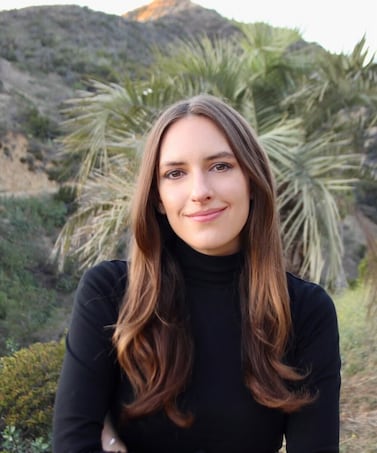
The Business of Fashion
Agenda-setting intelligence, analysis and advice for the global fashion community.

Agenda-setting intelligence, analysis and advice for the global fashion community.
E.l.f. Beauty’s appeal with young and price-conscious consumers shows no signs of abating.
The cosmetics brand on Wednesday reported sales in its fiscal second quarter surged by 76 percent compared with the same period last year, to $215.5 million.
The company raised its sales outlook for the 2024 fiscal year to $896 to $906 million, up from $792 to $802 million. Net income was $33.3 million, nearly triple a year earlier.
E.l.f. has benefited enormously as consumers look for ways to save amid high inflation and low-cost “dupes” of premium products have become a phenomenon on social media. Student loan repayments resuming for Gen-Z consumers are also contributing to growth for the brand, which mainly sells items under $20.
ADVERTISEMENT
“The real secret for our proposition is we just bring access to this luxurious beauty that people otherwise might not have been able to afford,” E.l.f. Beauty chief executive Tarang Amin told BoF.
Product highlights this quarter included the brand’s Jennifer Coolidge Dirty Pillows lip kit collaboration and its new $8 Glow Reviver Tinted Lip Oil. The lip oil was widely hailed by TikTok influencers as a dupe to Dior Beauty’s viral lip oil.
While some brands have been coy about embracing dupe culture, E.l.f. has leaned into it.
“Our community had been asking – there was a prestige lip oil that they absolutely loved, but it cost $40. So we introduced our Glow Reviver lip oil just a couple of weeks ago at $8. … I think we sold out the first batch right away,” said Amin.
The company also saw strength in skin care, where sales more than doubled from a year ago. E.l.f. acquired Naturium, a skin-care brand founded by influencer Susan Yara, in October and remains open to future acquisitions, Amin said.
“We definitely have capacity to do more acquisitions, but it would have to be quite special — like Naturium was — for us to want to acquire it relative to the growth we already see,” said Amin.
E.l.f. Beauty increased its marketing to 21 percent of its net sales, from 16 percent in the previous quarter, with greater spending on areas including TikTok, collaborations, and new digital channels like Twitch.
Looking ahead, the company’s goal is to double its market share in color cosmetics and continue international expansion.
“I feel we will definitely hit a billion dollars sooner rather than later,” said Amin.
The purchase of the high-growth indie label marks the company’s first M&A deal since 2020.
The two companies, which occupy different ends of the market, report results this week. Plus, what else to watch for in the coming days.
The 'fast beauty' brand reported fourth-quarter profit of $21.5 million.
E.l.f. used Tiktok to become a Gen Z favourite. Now the brand wants to turn its new fans into lifelong customers, with a little help from Alicia Keys.

Liz Flora is a Beauty Correspondent at Business of Fashion. She is based in Los Angeles and covers beauty and wellness.
The Spanish beauty and fashion conglomerate’s smart acquisitions and diverse portfolio could be a big draw for investors. Plus, Adidas is set to confirm its stellar first quarter.
How not to look tired? Make money.
In a rare video this week, the mega-singer responded to sceptics and gave the public a look at what her beauty founder personality might be.
Request your invitation to attend our annual gathering for leaders shaping the global beauty and wellness industry.